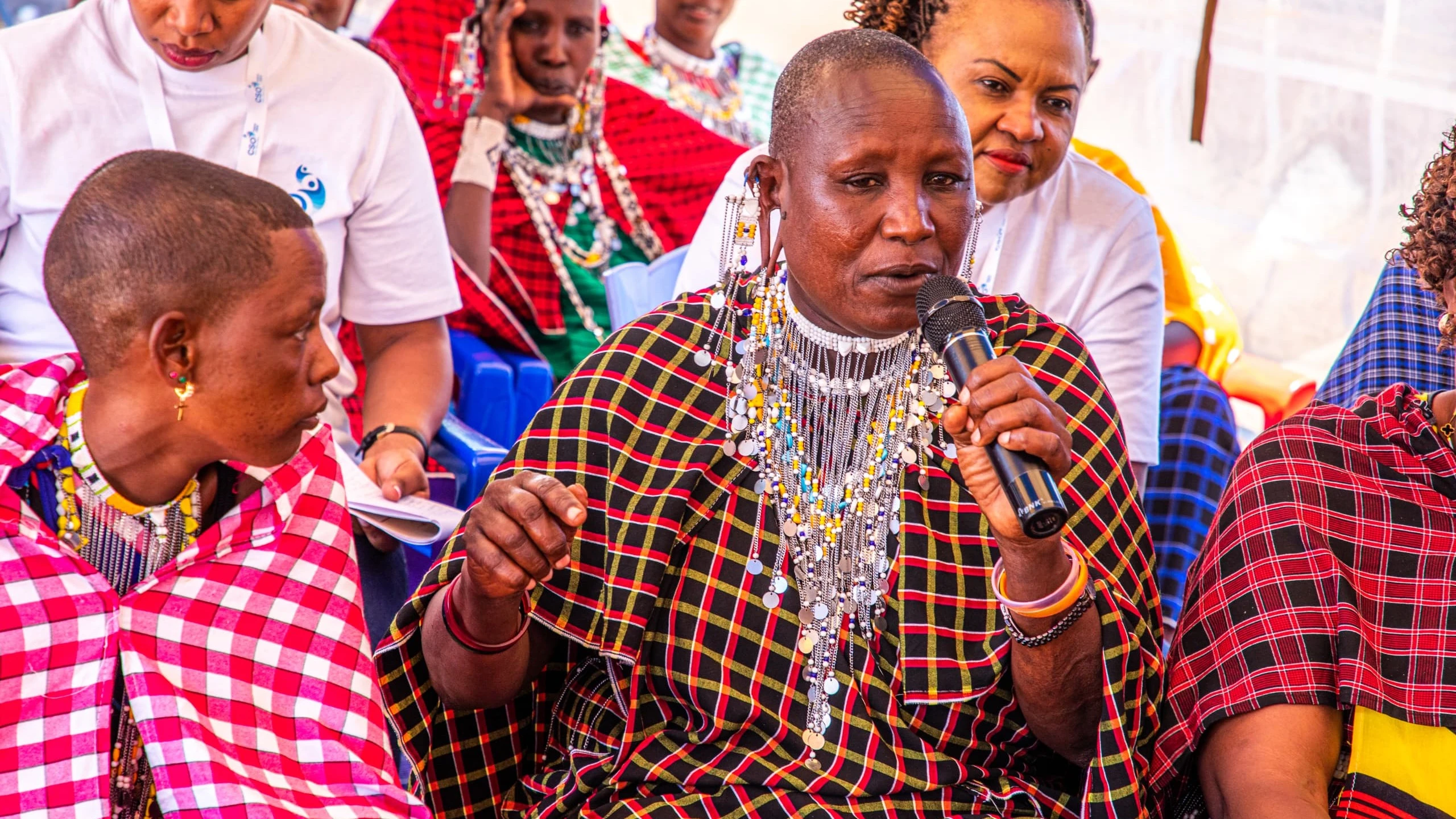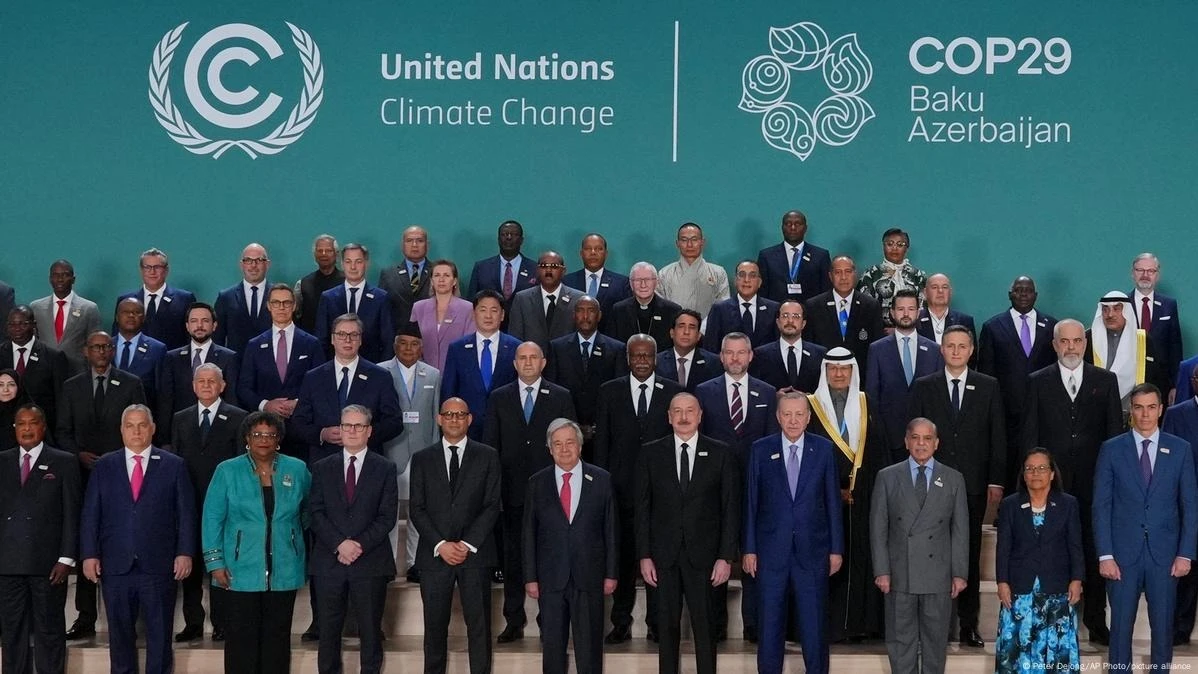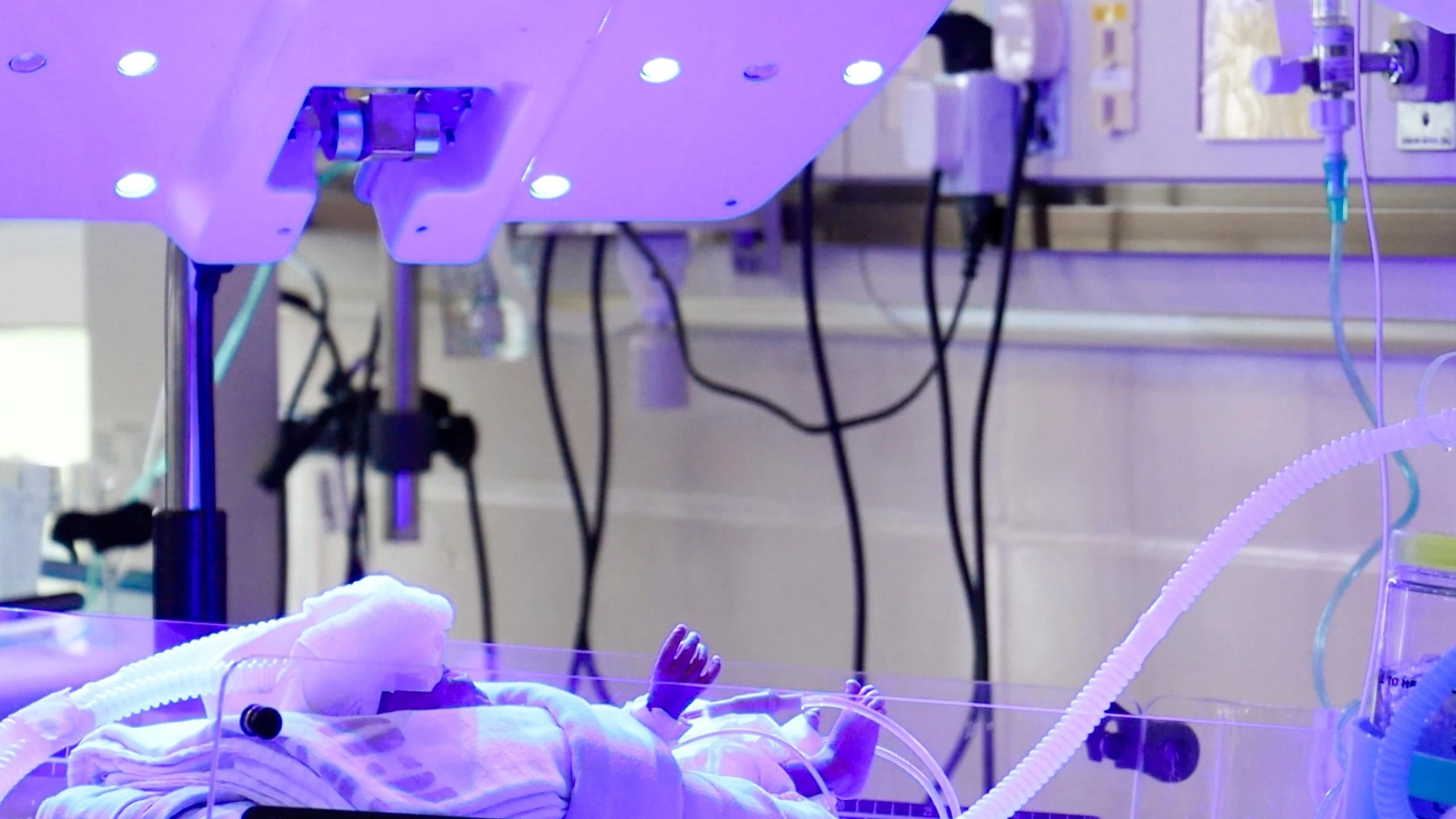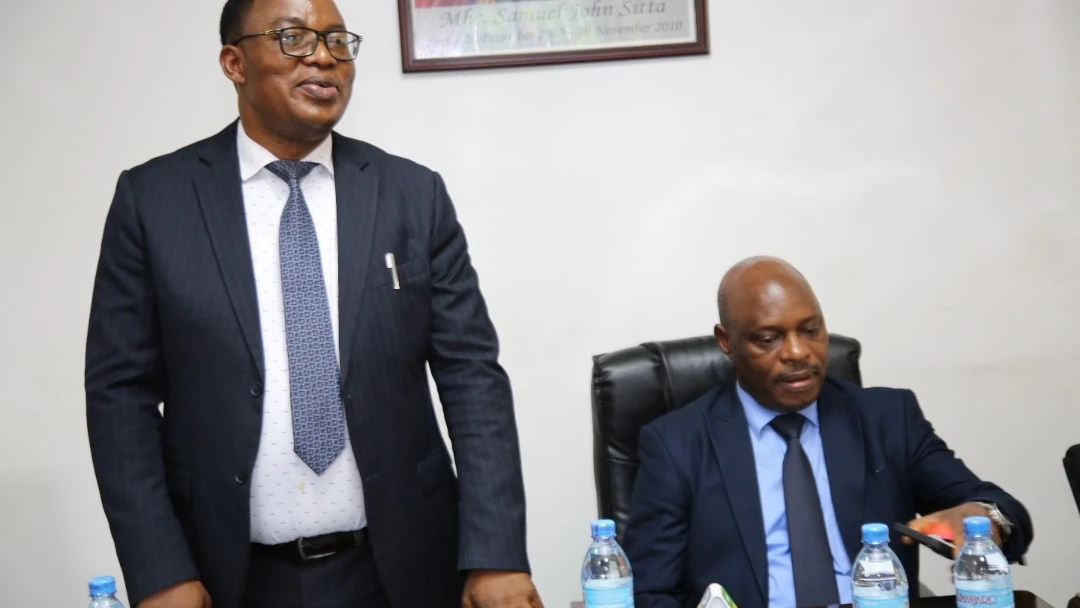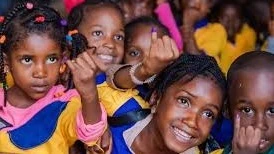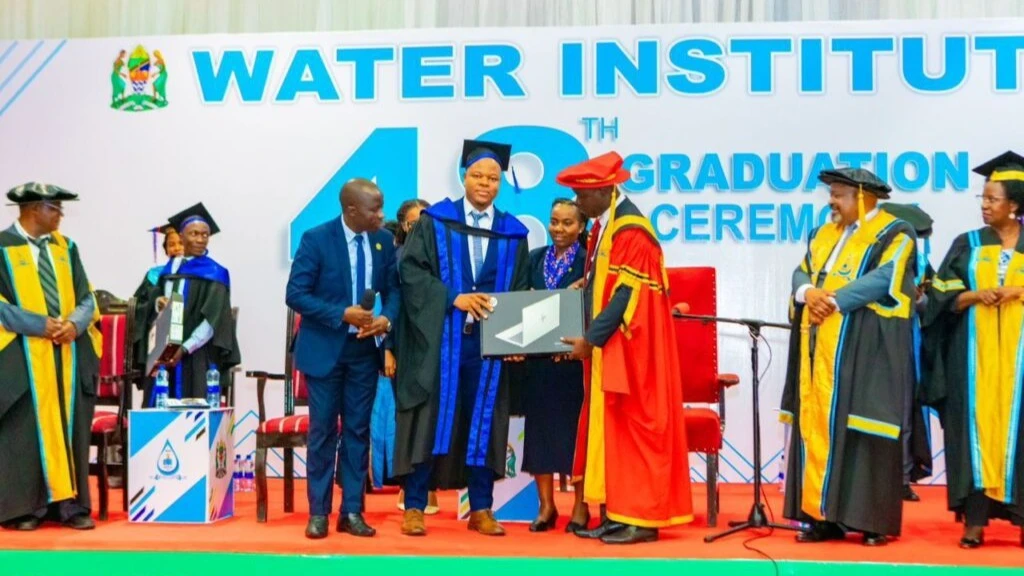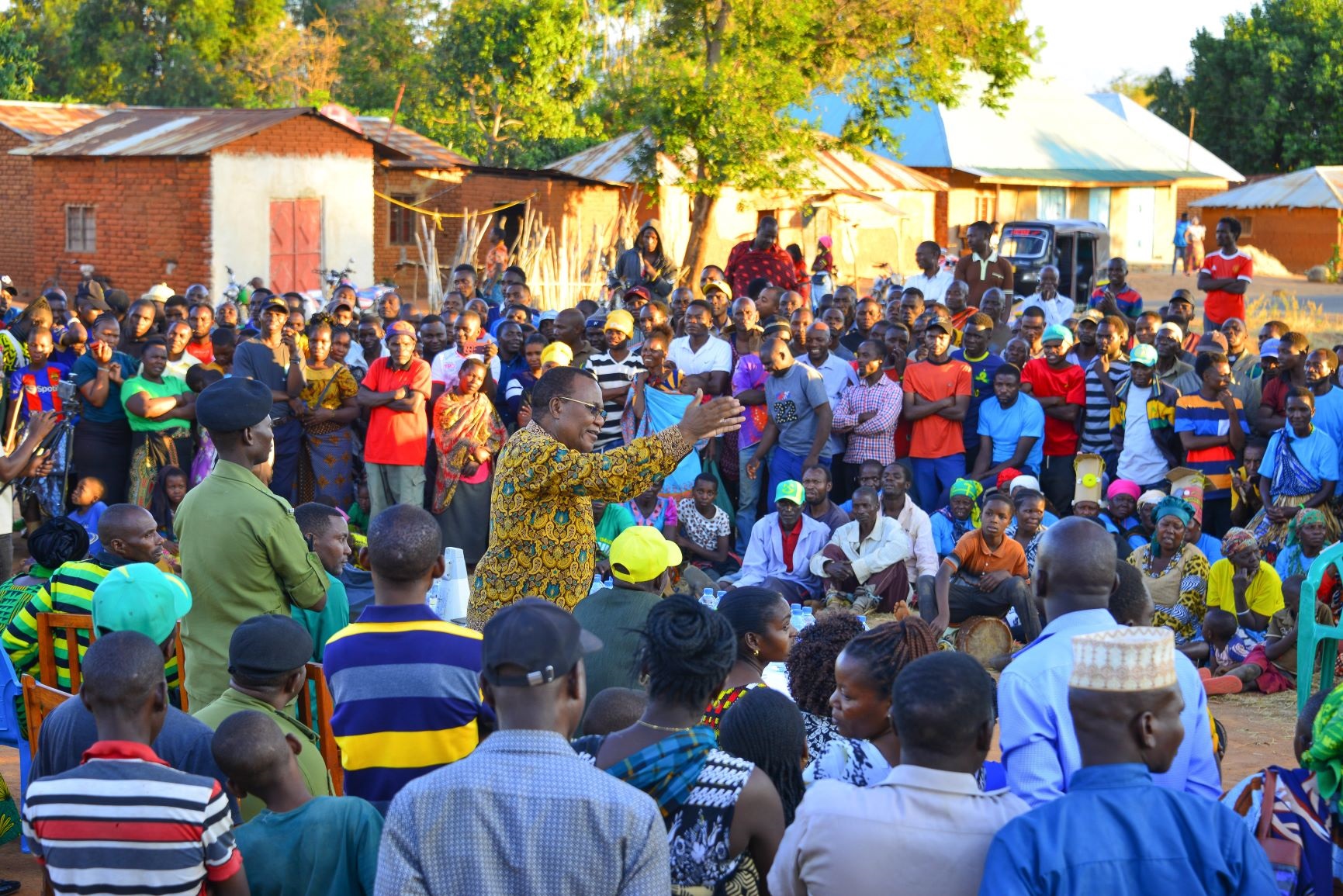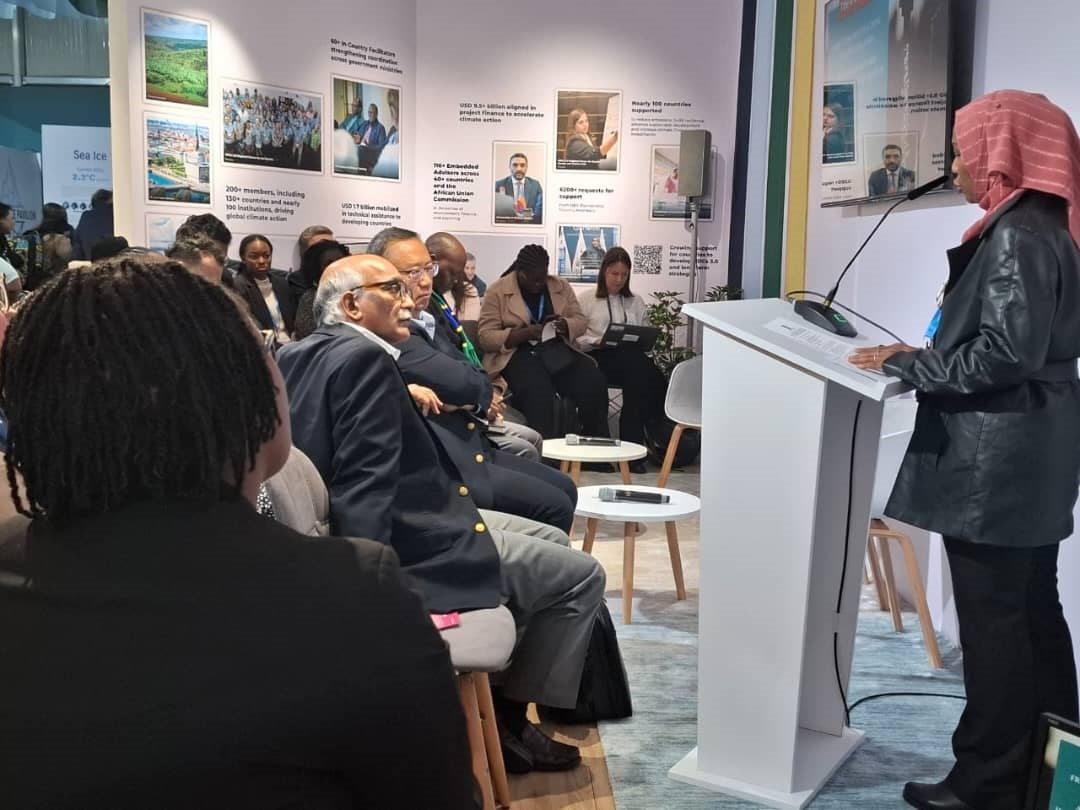UNICEF: 90pc of ten year olds in southern Africa mostly ‘illiterate’
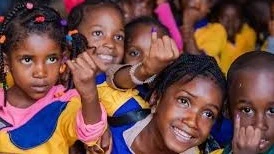
NINE out of ten children aged 10 are unable to read a simple text or solve basic math problems across eastern and southern Africa
The United Nations Children’s Fund (UNICEF) made this observation in a statement issued yesterday, citing results of a new survey it has conducted across the region, in collaboration with national governments and partners.
This lack of foundational skills not only threatens the futures of individual children but also poses a significant obstacle to the broader development of the region, it said in a statement issued as World Children’s Day approaches.
UNICEF is urging governments across the region to prioritize education in their national budgets, advocating for at least 20 percent of public spending to be devoted to education.
The goal is to ensure that all children have access to quality, inclusive and relevant education, it says, in a report that indicates both encouraging levels of awareness and pressing challenges faced by children.
The survey, which gathered data of over 5,471 children in multiple countries, underscores significant barriers to education that persist, “even as children become increasingly aware of their rights,” the UN agency affirmed.
It emphasized the urgent need for policies and support to address these obstacles and improve access to education across the region, where children in Botswana, Malawi, Mozambique, Namibia, South Africa, Zambia and Zimbabwe participated in U-report surveys.
An online entry says that a U-report is a social messaging tool and data collection system developed to improve citizen engagement, inform leaders and foster positive change. The programme sends SMS polls and alerts to its participants, collecting real-time responses and subsequently publishes gathered data.
Issues polled include health, education, gender, climate change, water, sanitation and hygiene, youth unemployment, HIV/AIDS and disease outbreaks, thus UNICEF-used this method in the surveys, basically online polls and face-to-face consultations, the statement affirmed.
The results show that over 87 percent of children are aware of their rights, with 50 percent identifying the right to education as one of their most important. Despite this awareness, substantial challenges remain, it says.
The survey identifies key barriers to education as including the lack of learning materials, school fees, long distances to schools and overworked teachers. Encouragingly, 62 percent of children expressed a desire to play an active role in improving the quality of education.
In Tanzania, more than 14,000 children took part in a survey focused on the country’s Vision 2050. The results revealed that 40 percent of respondents believe education should be the nation’s top priority by 2050, while 30 percent prioritised infrastructure development. Among education reforms, digital literacy emerged as the leading focus, followed by entrepreneurship and vocational training, the report indicated.
In Somalia, UNICEF conducted consultations with 321 children across five states to inform its new country program strategy. The interviews revealed that many children, particularly those who are internally displaced or from minority communities (representing 50 percent of the sample), do not attend school in a safe, clean or accessible environment.
Girls, who made up 52 percent of the sample, and children with disabilities, face particular challenges. Somalia's overall primary school enrolment rate stands at just 34 percent, and many children reported a lack of basic learning materials such as desks and chairs.
Many girls also expressed concerns about safety in and around schools, as well as a lack of access to menstrual hygiene products, which calls for improved support for menstrual health and hygiene in schools.
'The challenges of education across Sub-Saharan Africa are stark,’ the statement intoned.
ENDS/jz/sm
Top Headlines
© 2024 IPPMEDIA.COM. ALL RIGHTS RESERVED








